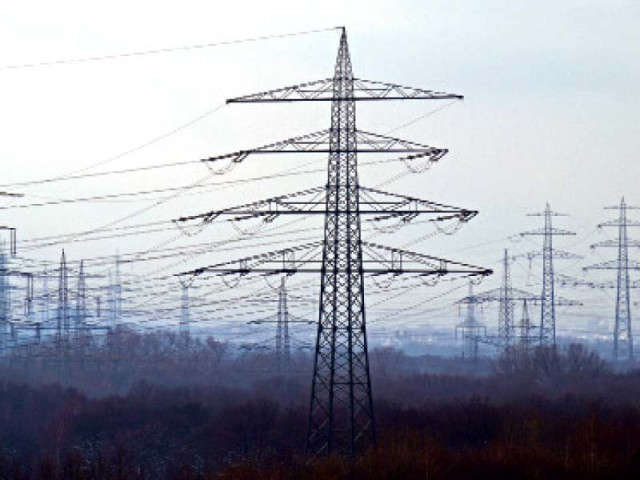People get electric shock
Govt to increase power tariff by Rs1.39 from Nov

Federal Energy Minister Hammad Azhar on Friday said the government would increase the power tariff by Rs1.39 per unit from November 1 because of the increasing circular debt of the country.
Addressing a news conference accompanied by Minister of State for Information and Broadcasting Farrukh Habib, Hammad pointed out that the increase in power tariff would not be applicable to lifeline and domestic consumers, who used less than 200 units of electricity. “Therefore, this increase is not applicable to 46% of the consumer base," he claimed.
He said the major component of the circular debt was the capacity payment to the power plants that had now reached to Rs700-800 billion from Rs150 billion in 2013.
He said the circular debt would jump to Rs2.5-3 trillion by 2030, claiming that the past regimes had set up unnecessary expensive power plants in the country.
The National Electric Power Regulatory Authority (Nepra) has revised its target from 15% to 13%.
"Despite all this, there is a difference between Rs1.5 to Rs2 in the rate at which the government is purchasing and selling electricity. This is the reason behind the increasing circular debt.”
Read Govt seeks hike in power tariff to salvage IMF package
Hammad further noted that the country now had the capacity to generate enough electricity and that was why the government wanted to increase demand.
“We introduced an industrial package last year which has been successful as we have seen a 15% increase in demand," he added.
“We have also seen a 6 to 7% increase in the demand for electricity as the peak hours for the industrial sector have been removed.”
The minister also announced that the government had decided to halt the ongoing schemes and new connections of Sui gas companies until legislation for a new pricing mechanism to bill consumers for imported gas was completed.
"Local gas reserves [are] depleting at a rate of 9pc per annum. Govt does not have legal mechanism to collect costs of imported gas from consumers. We have forged a consensus on new pricing mechanism but till its legislation, govt is halting all expansion in domestic gas networks," the minister tweeted earlier in the day.
Later at the news conference, the minister maintained that the need for the new mechanism -- weighted average cost -- was a measure to overcome gas shortage, which he attributed to the depletion of local reserves.
Read more WAPDA building 10 water and hydropower projects
He noted that local gas reserves were depleting at such a rapid pace that it was now insufficient for fertiliser and other industries. "Currently, just 28% of the total households are receiving piped gas.”
"We are also planning to change the law to provide LNG to domestic consumers,” he said. “The government will not curtail demand without ensuring proper gas supply.”
He dispelled the impression that the gas shortage was consequence of insufficient procurement of LNG. “There is enough LNG in the system.”
The minister pointed out that the entire world was currently facing a gas crisis because its supply had been affected because of Covid-19. He maintained that gas prices had increased across the globe.
“Pakistan, however, does not face such an intense gas crisis,” the minister said. “The government is working on the North-South Gas Pipeline Project with Russia.”
He said the circular debt, which had been increasing at a rate of Rs450 billion when the PTI came to power, was now expanding at a reduced rate of Rs150 billion.
He added that the new mechanism would not affect the seasonal electricity package or the industrial package.
(With input from APP)



















COMMENTS
Comments are moderated and generally will be posted if they are on-topic and not abusive.
For more information, please see our Comments FAQ